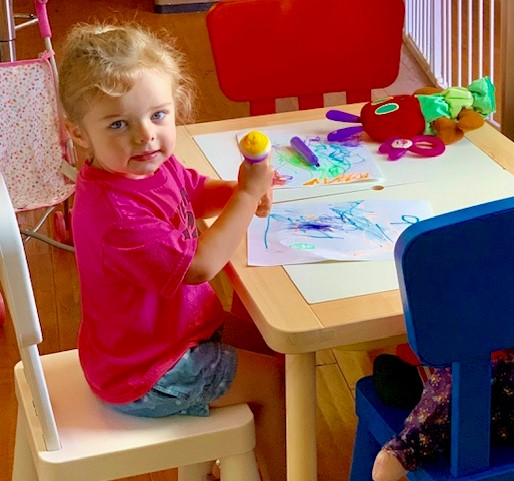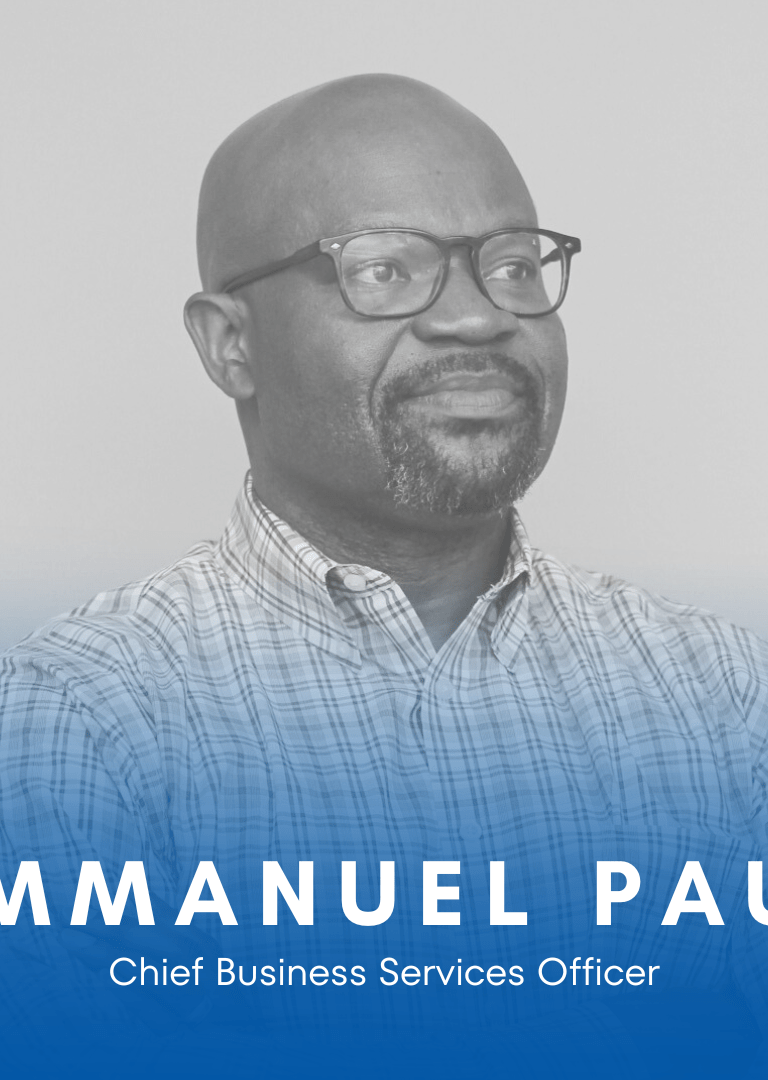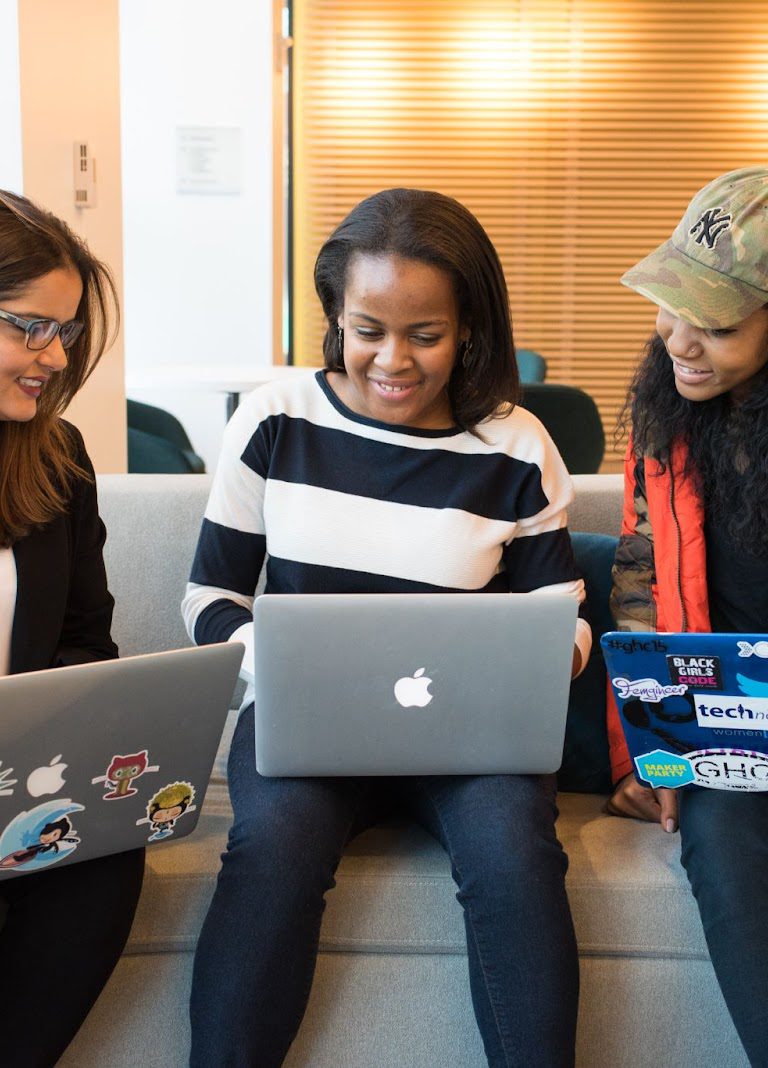Becoming a Gigi
Guess what? I finally became a grandmother! Over the past three years, I have had the honor of becoming a grandmother (or Gigi, as my oldest granddaughter Mila calls me) to three little girls. I used to wonder why my friends never seemed to have time for me anymore after they had grandchildren. I actually found myself feeling sorry for some of them because they were always consumed with babysitting when I wanted to go do fun things on weekends. Now, I understand. “Mila adventures” occur on my weekends now, and I love every minute of them. I find myself doing things such as going to the kiddie splash pad, brushing billy goats, riding carousels, planting flowers, visiting playgrounds, shopping for shoes and other weekend girly things. We have gone through so many things, such as potty training, sleep issues, screen time limits, visits to petting farms and zoos, being gentle with animals, learning to walk dogs, etc.
Not Now, Gigi, I’m Busy Writing My Dissertation!
As a former preschool teacher many years ago, I was fascinated with language development. As I worked with young children, I tended to focus on language skills, and obviously do the same with my grandchildren. My oldest daughter is trying to finish her Ph.D. and is on the last leg of completing her dissertation. She called me the other day and told me Mila’s teacher had just called saying that Mila had been standing over a whiteboard. The teacher asked Mila why she was standing up to write. Mila’s reply was, “I am working on my dissertation.” I have heard Mila say that she was working on her dissertation many times and didn’t even think about it being different because this dissertation is something we talk about frequently in our family.

As a result of being a Gigi, I have a renewed appreciation of what we do at Child Care Services Association (CCSA) for parents, young children and early care and education professionals. I am keenly aware of child care deserts for infants and toddlers, the cost of child care and the navigation systems that parents use to unravel the mystery of child care for their young children. I have visited and observed child care programs as a Gigi and talked with teachers about their days and how things work in their programs. I am amazed at how much they are accomplishing. I see new things that Mila learns at her preschool every week and am in total awe of her development, but most of all those language skills.
Talking Power
Mila really doesn’t know what a dissertation is, but she does know that it involves writing. No one actually prompted Mila to say the word but obviously has heard it numerous times at home, and it just comes naturally.
As I watch my younger grandchildren learning language skills, I am reminded of what we need to do even with young infants. We respond to their crying at first because we want to understand what they are trying to tell us. This takes practice, but if you really pay attention, you will understand. When they begin babbling, we imitate their sounds and help them learn new ones.

Recently, I listened to my younger granddaughters as they were learning to make sounds and navigate through the house by crawling or walking around wobbling from side to side. One of them kept repeating the “B” and “M” sounds that she had just learned, and her mother would imitate her attempts. They had great games going back and forth, and truly there was a lot of glee and bonding! Finally, she started saying “momma” by the end of the week, and this week she has learned to follow directions and kiss her momma when prompted.
Young children, as we all know, do repeat what they hear and imitate what they see. Conversations with parents aid in language development and nurtures learning. Talk at home is a powerful tool in the development of language and communication skills. Talking with babies and young children in natural tones and modeling the words that we want them to adopt is extremely important. Instead of teaching Mila the word “dissertation,” we used the word many times while we were around her. It is meaningful to her. Hopefully one day, she will write a real “dissertation” as she explores her own world!

When around young children, it is important to relax and talk to them. Children are listening and understand much more than we sometimes give them credit for. Making them perform their new language skills can sometimes make them clam up, so be careful that you are not asking for performances.
Remember that play and language development go hand-in-hand. A great deal of language is developed through pretend play. Give them lots of opportunities to talk, sing and read books. Reading books with rhyming words and sounds, or singing songs are great ways to develop language skills.
Sometimes language skills emerge over a long period of time and sometimes they emerge overnight. All children are different and develop at their own pace. The conversations we have with children nurture their development and learning. Our talk at home and in preschool settings is a powerful tool in the development of young children.

5 Power Tools to Help Develop Your Skills in Expanding Language
Here are a few ideas for helping young children develop language skills:
- Talk naturally in your authentic voice;
- Tell stories, sing, read books, ask questions;
- Sometimes just be silly with songs, books, and words;
- When they point at a ball, expand on it and make a sentence out of the word they used or object they pointed out; and
- Add colors, prepositions or numbers of objects in everyday language (i.e. “We are going to climb up 7 brown steps now”). Numbers, prepositions, colors and words used will all become a natural part of their vocabulary.
They are soaking it all in and learn so much from you. Your words are truly powerful! Model the language that you want them to use and you can create learning opportunities wherever you go or whatever you are doing with children. Enjoy them. They grow up too fast!




